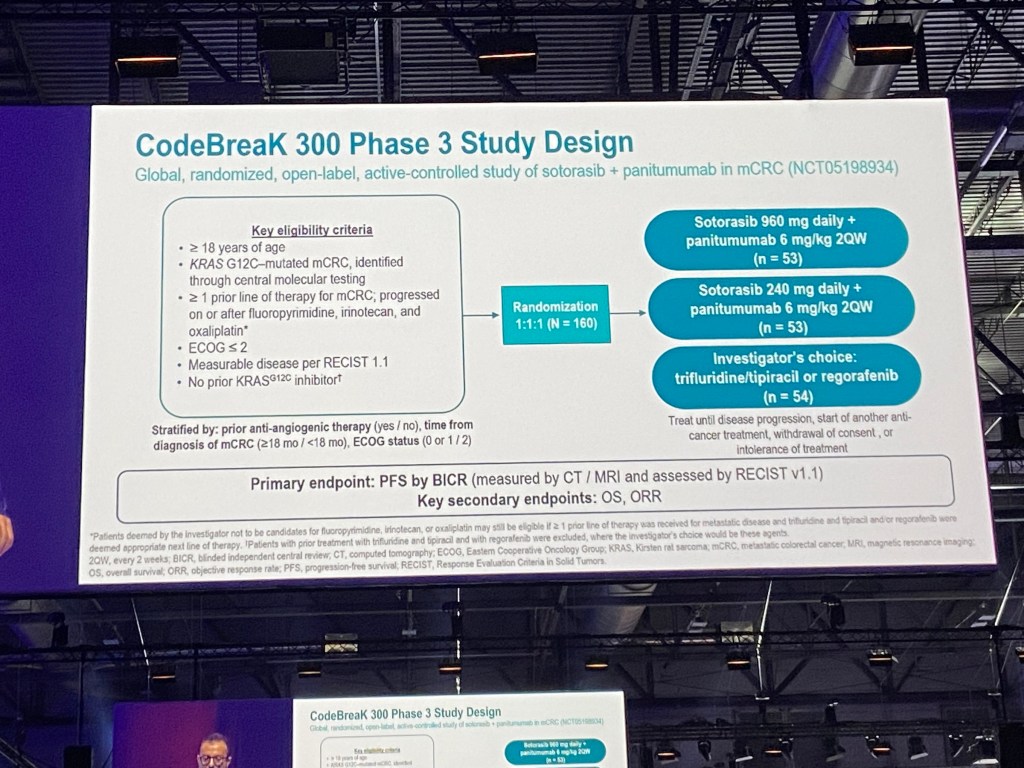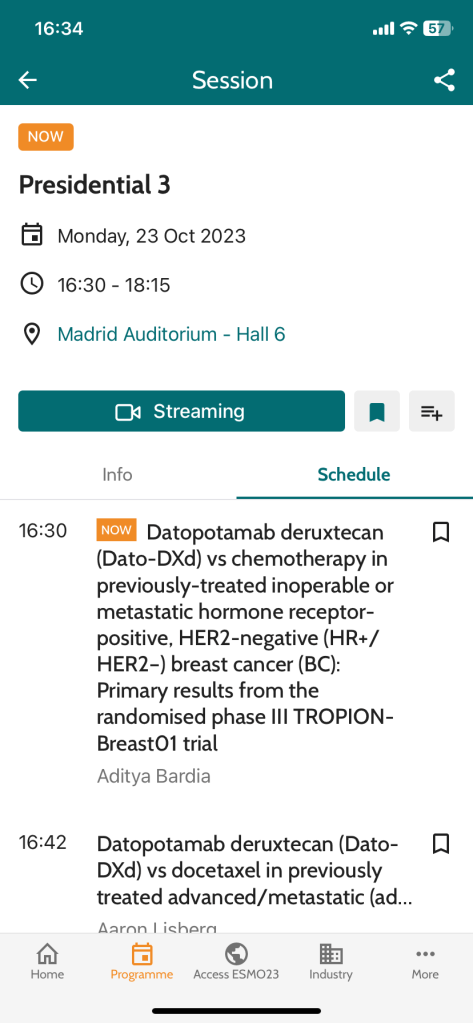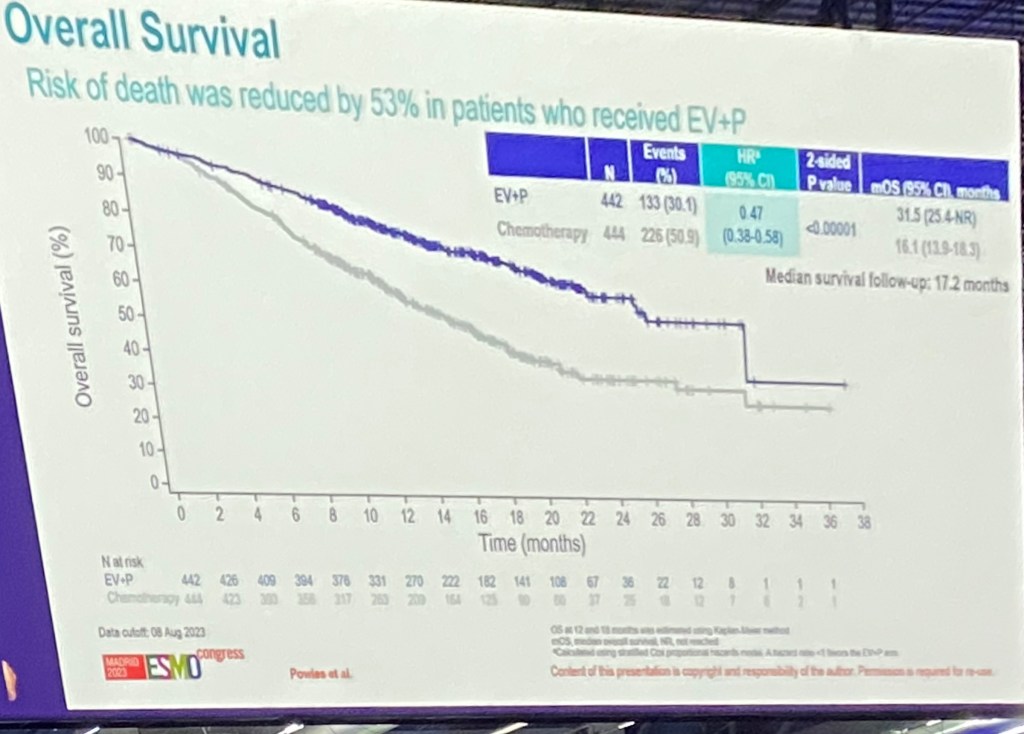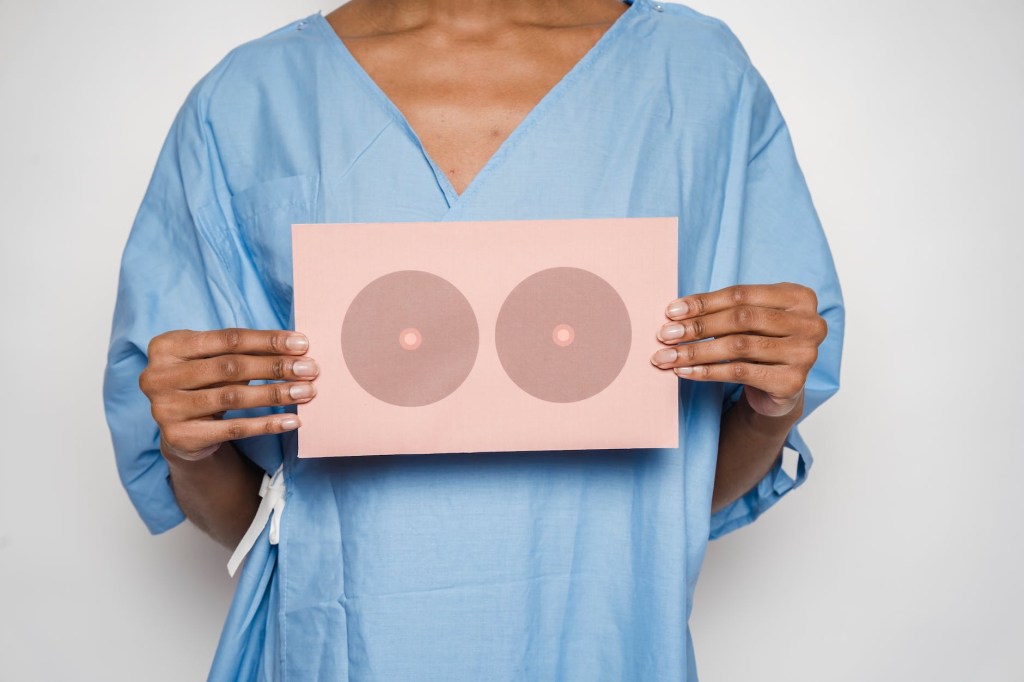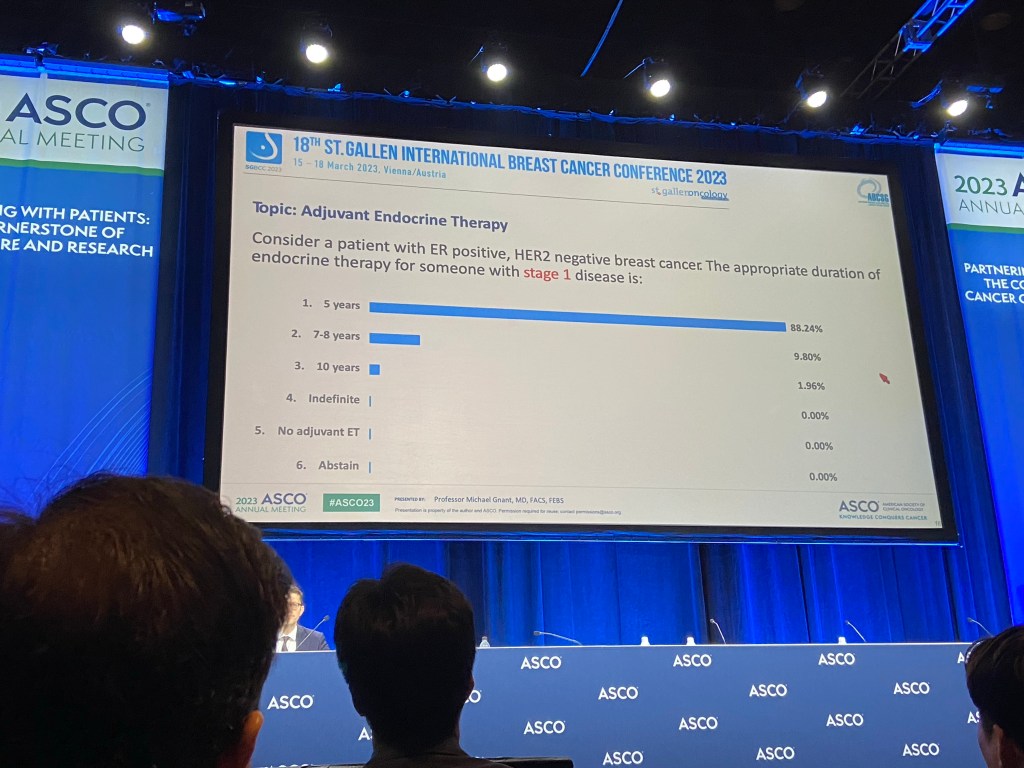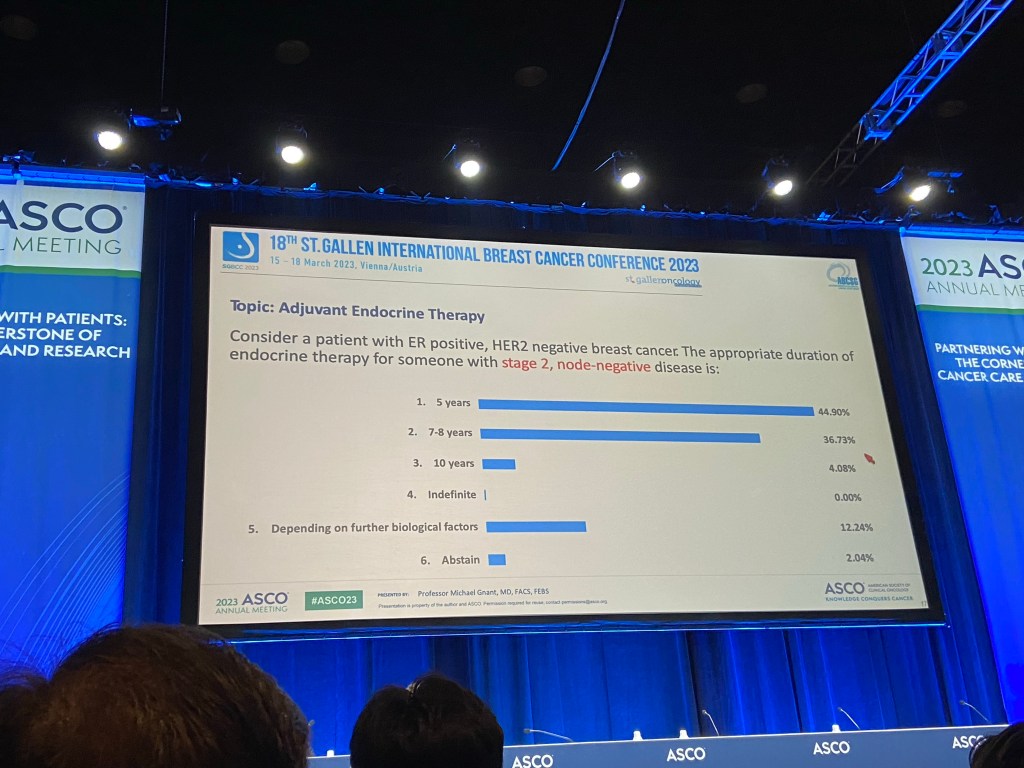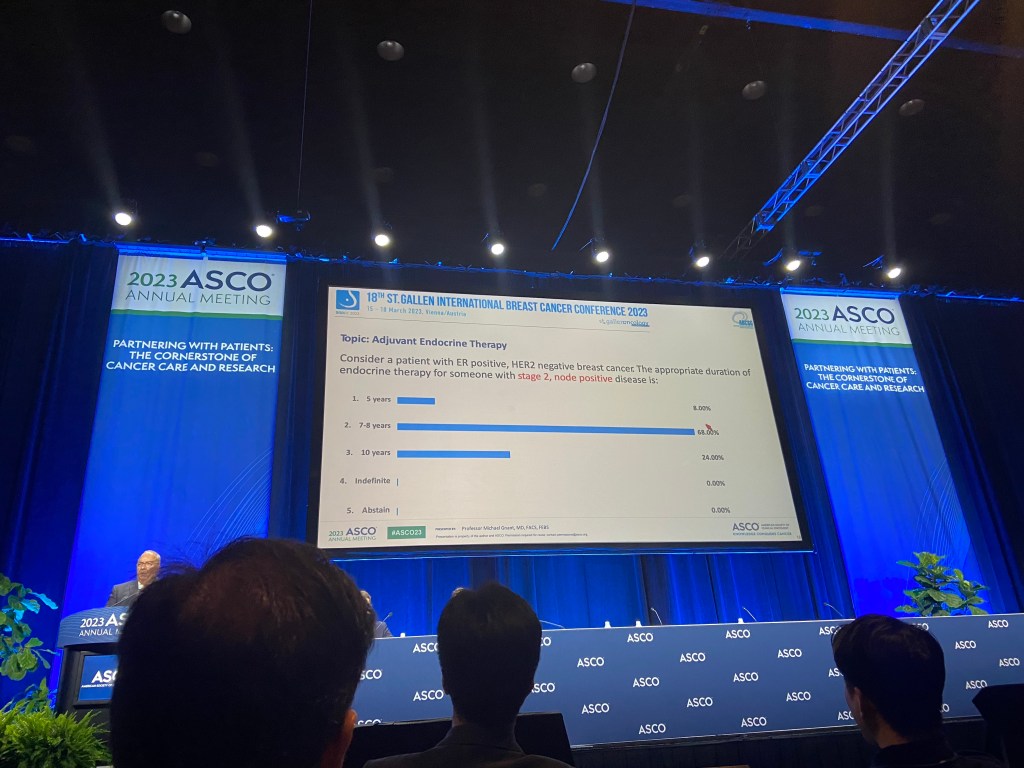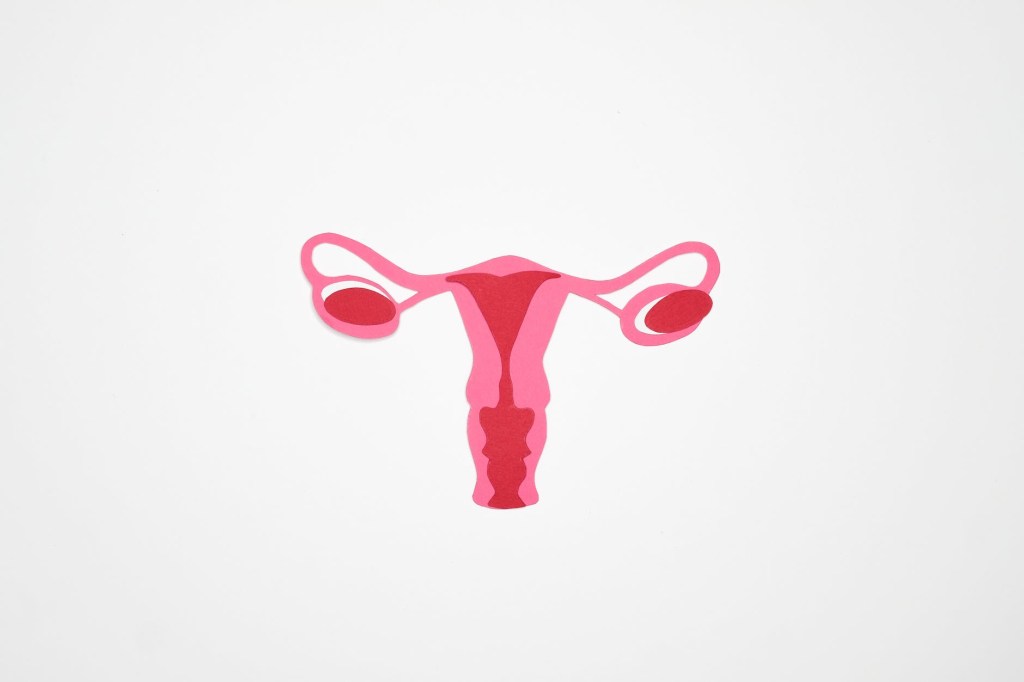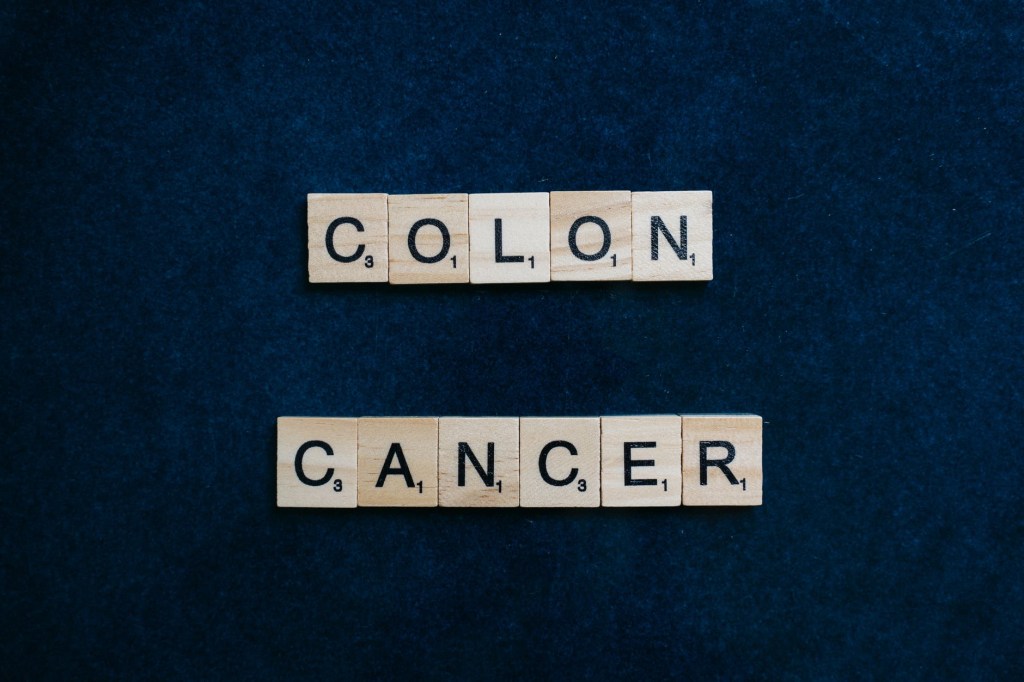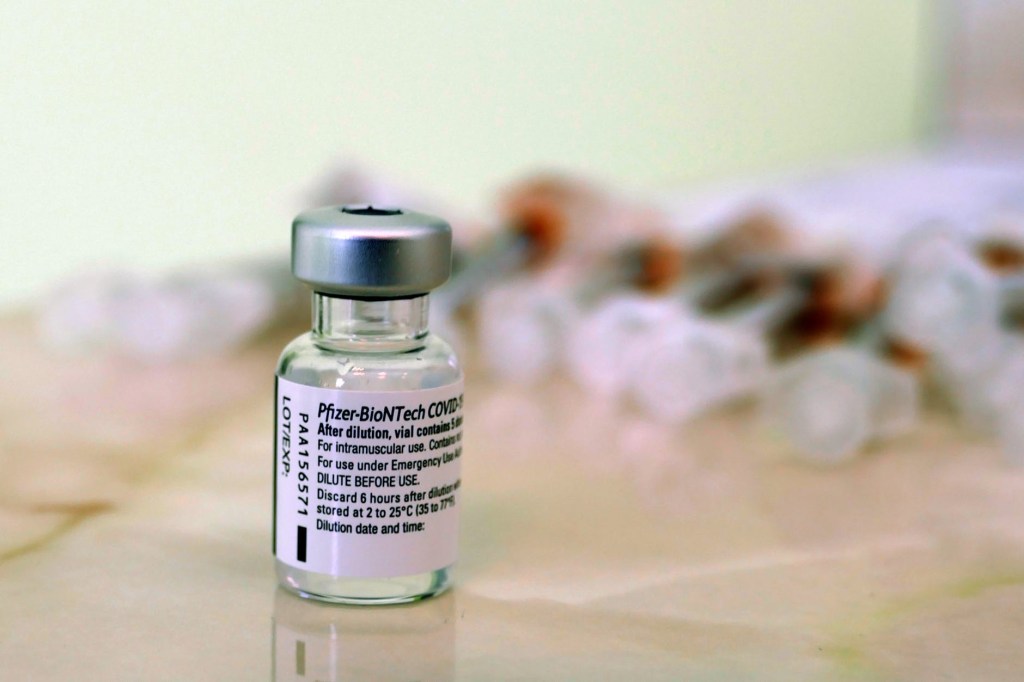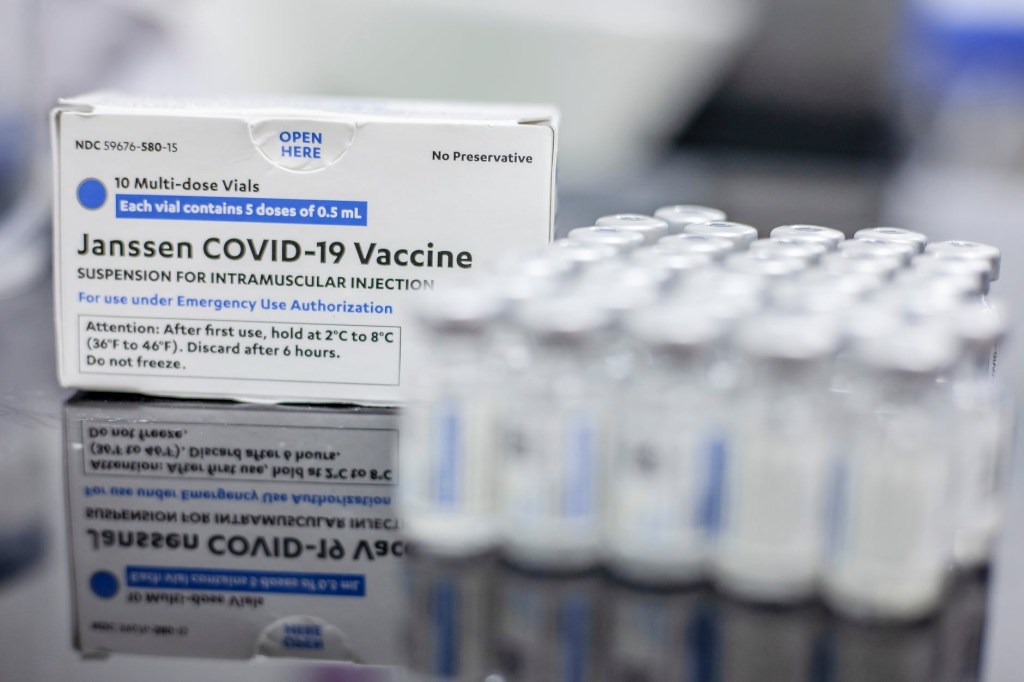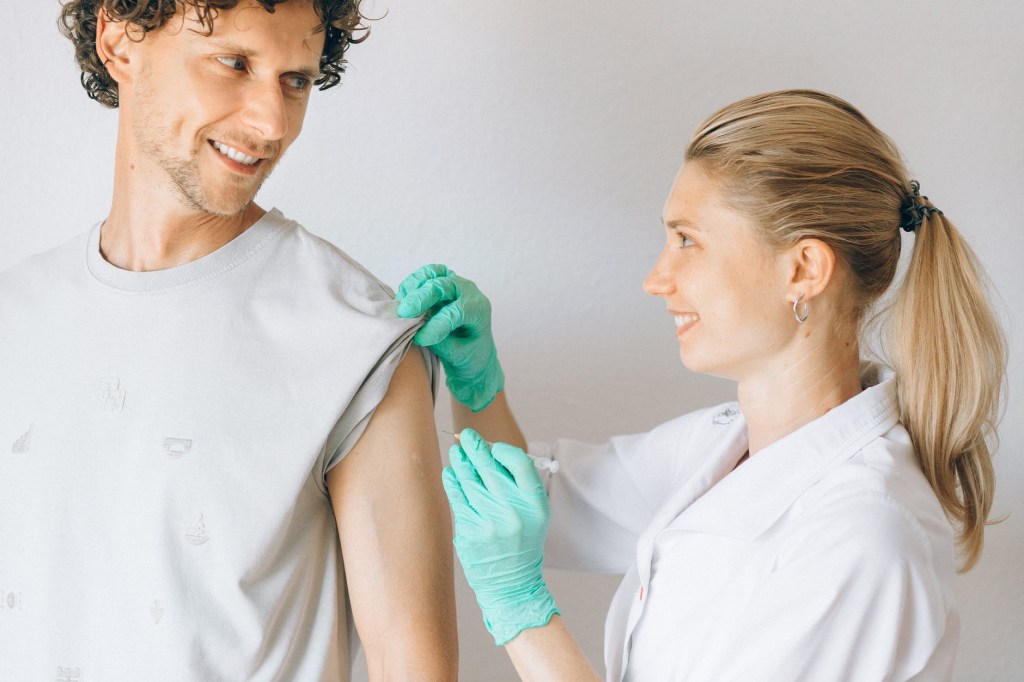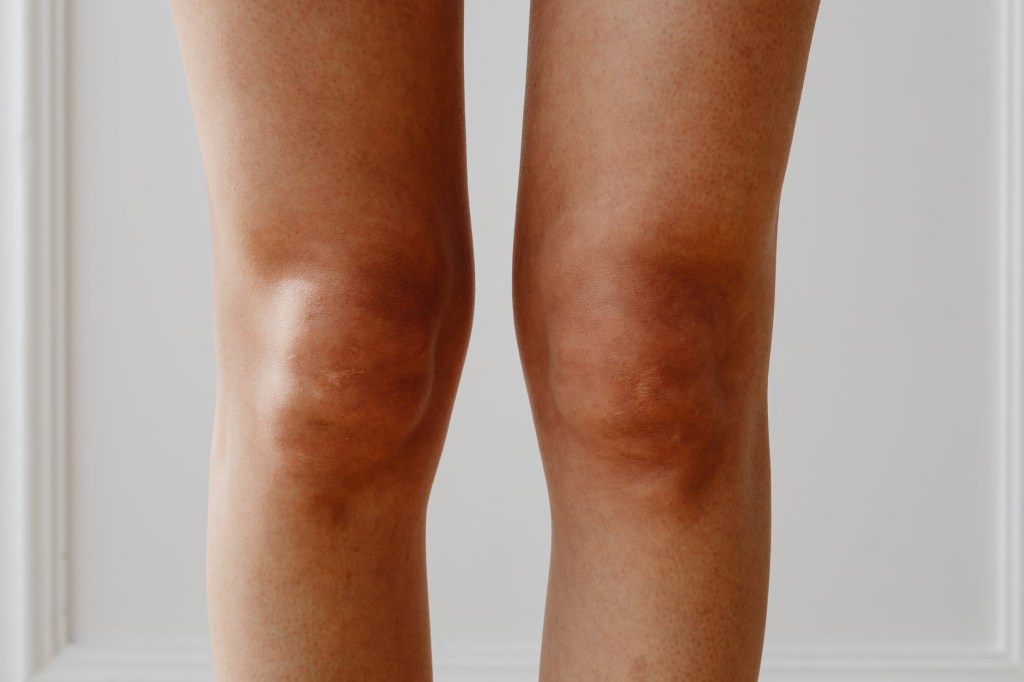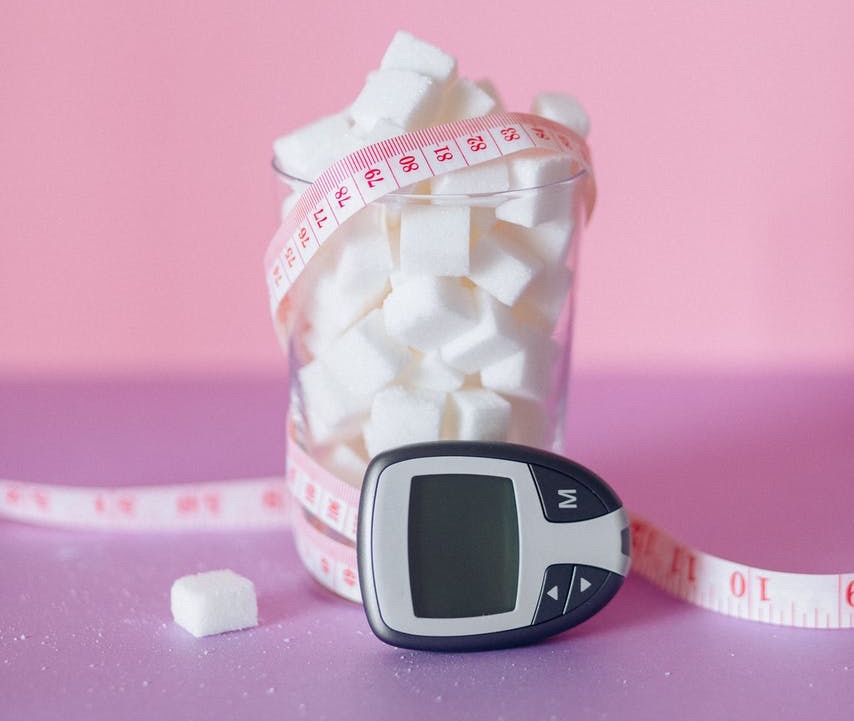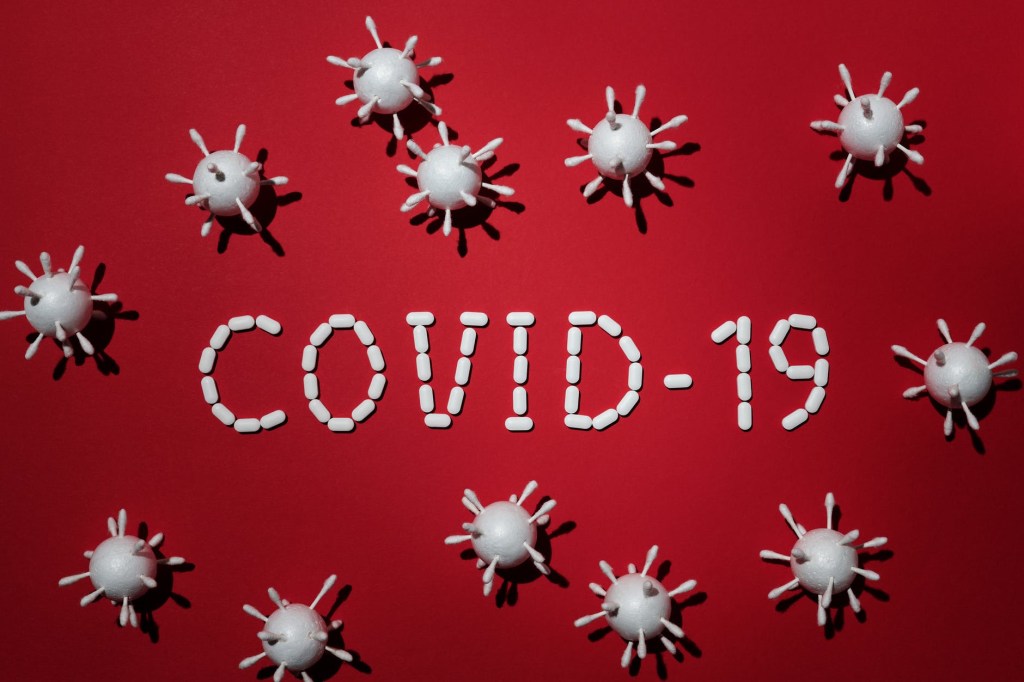
Princess Kate Middleton, born in 1982, is unlucky to have a cancer diagnosis at such a young age. Many Royal well-wishers are upset and sad about Kate Middleton’s cancer diagnosis and they all wish for an excellent outcome. Since Kate Middleton has announced her cancer diagnosis, there has been understandably a huge interest on survival rates for various abdominal cancers.
Due to privacy concerns the Palace has not revealed the type of cancer but the chemotherapy she is undergoing has termed “preventative” implying that she had a localised cancer which has been successfully removed surgery. It is also implied by many newspapers that the cancer has been found “incidentally” after surgery.
With these caveats, these are the survival rates for various abdominal cancers. This is only a guide, as the cancer can behave vastly differently in various people.
The survival figures quoted are from the publicly available cancer research U.K. (CRUK ) website
Pancreatic cancer: Almost 55 out of 100 people with localised pancreatic cancer er survive their cancer for 1 year or more after diagnosis. Pancreatic cancer is one of the nastiest cancer and only 25% survive their cancer for 3 years or more after diagnosis.
Stomach cancer: England Survival statistics show that 65 out of 100 people (65%) with stage 1 stomach cancer will survive their cancer for 5 years or more after they’re diagnosed.
Gallbladder cancer: American Survival statistics show that More than 65 out of 100 people with localised cancer survive their cancer for 5 years or more after diagnosis.
Small Intestine cancer: More than half (53.0%) of people diagnosed with small intestine cancer in England are predicted to survive their disease for five years or more.
Large Bowel cancer: The survival statistics for early bowel cancer is very optimistic. Around 90 out of 100 people (around 90%) with stage 1 bowel cancer will survive their cancer for 5 years or more after they’re diagnosed and treated.
Ovarian cancer: The survival statistics for early ovarian cancer is also excellent. Almost 95 out of 100 women (almost 95%) will survive their cancer for 5 years or more after they are diagnosed.
Obviously no two people are the same and there are no guarantees with any cancer. Cancer does not spare the well-off in the society.

Disclaimer: Please note – This blog is NOT medical advice. This blog is NOT a expert medical opinion on various topics. This blog is purely for information only and do check the sources where cited. Please DO consult your own doctor to discuss concerns and options relevant to you. The views expressed in this blog are NOT, in any way whatsoever, intended to be a substitute for professional advice. The blog is NOT previewed, commissioned or otherwise endorsed, in any way, by any organisation that the author is associated with. The views expressed in this blog likely represents some of the author’s personal views held at the time of drafting the blog and MAY CHANGE overtime, particularly when new evidence comes to light.

